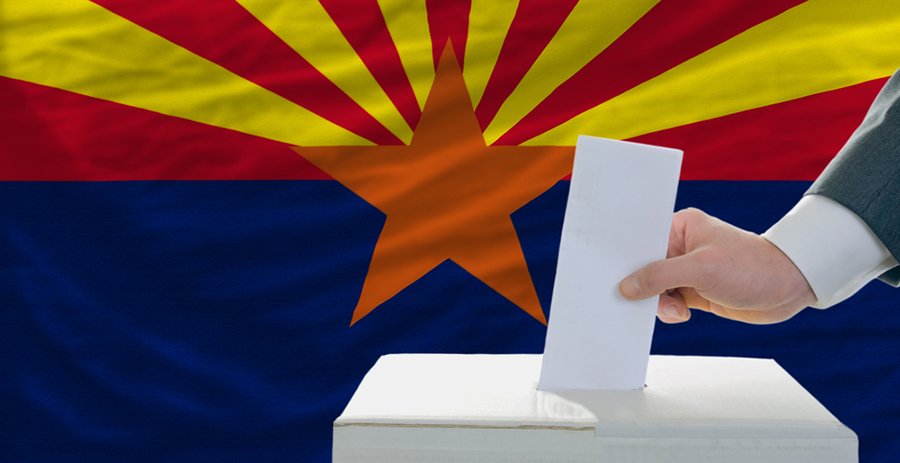2024 Election News
Measure on Ballot Casts Doubt on Count Validity

The Arizona Supreme Court is grappling with a pivotal question: how late can challenges be raised against signatures on initiative petitions? Supporters of Proposition 140, which seeks to eliminate partisan primaries, argue that challenges should only be considered before ballots are printed.
However, the court’s recent decision allows opponents to continue legal challenges, raising the possibility that valid votes could ultimately be disregarded if the number of signatures is found insufficient.
Proponents have responded with legal arguments asserting that once the printing deadline has passed, ballot counting should proceed. They maintain that hindering voter participation poses a risk of disenfranchisement.
Attorney Andrew Pappas, representing the group Make Elections Fair, criticized the court’s order as a reckless precedent. He warns that this scenario may lead voters to cast ballots that could later be invalidated.
In contrast, opponents contend that a vote should not occur if there aren’t enough verified signatures to qualify the initiative for the ballot.
Proposition 140 aims to introduce a “jungle primary” system where all candidates compete in a single primary, allowing voters from all parties to participate. The top two candidates, irrespective of party affiliation, would advance to the general election.
The campaign for Prop 140 submitted approximately 575,000 signatures, which were validated down to 409,474 by election officials—surpassing the threshold of 383,923 necessary for ballot qualification. However, challengers assert that around 40,000 signatures may be duplicates.
During an initial hearing, Judge Frank Moskowitz of Maricopa County expressed concerns about adequately evaluating the disputed signatures before the August 22 deadline for ballot printing. His decision to set a later hearing on September 12 raises questions about the feasibility of resolving these issues before the election.
The Supreme Court has instructed Moskowitz to determine if the signature count falls below the required minimum, suggesting that if it does, votes for Prop 140 should be excluded from tallying.
Pappas argues that the burden lies with opponents to prove the signatures invalid, not with supporters to validate them. He cites past rulings which favored sustaining signatures in light of time constraints faced by election officials.
The court has granted opponents time until the end of the week to submit formal responses before making a decision. Previous legal challenges to keep Prop 140 off the ballot have already been dismissed, underscoring the initiative’s complex legal journey.


















